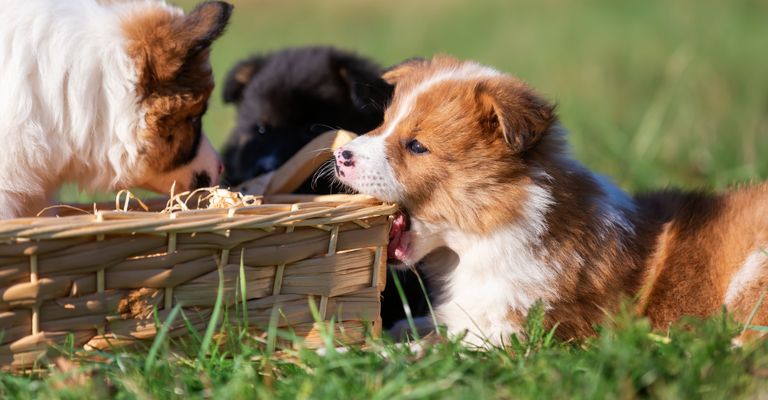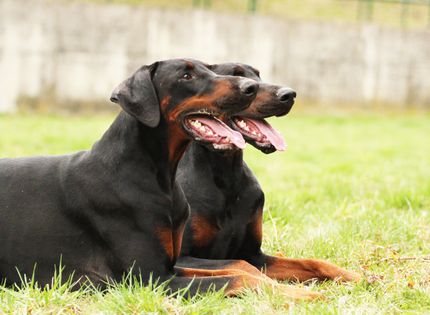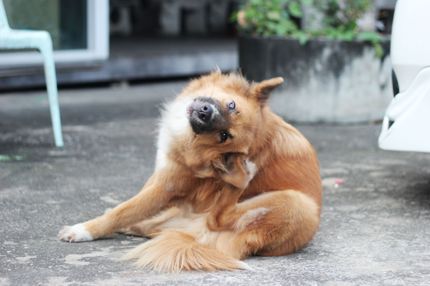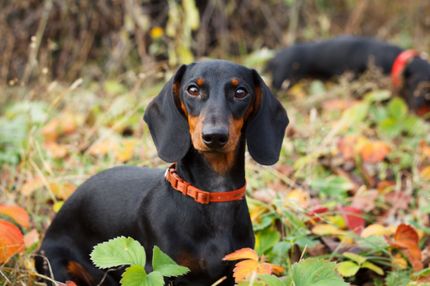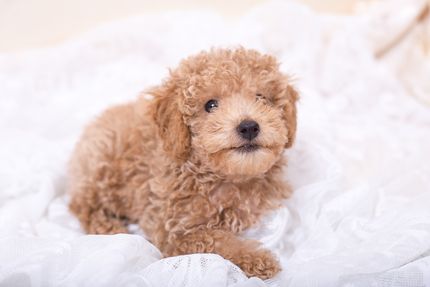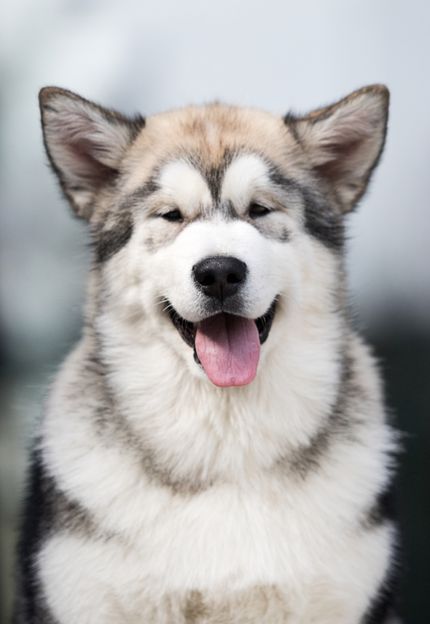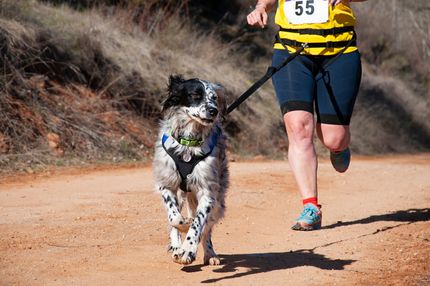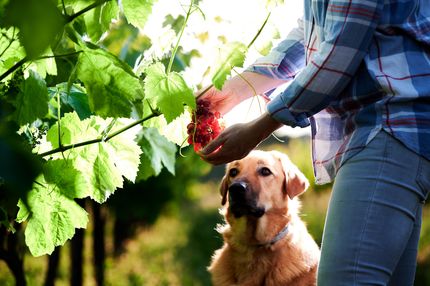The first weeks with the new dog
Hooray! Finally the sweet pelt-nose has moved in at home. The toys and the dog basket have been ready for the new family member for weeks, you have devoured books about the right education, care and nutrition and now you would like to put everything into practice. But stay relaxed and give your new dog time to get to know you, your family and the new environment. This applies to puppies as well as to older dogs. Your four-legged friend needs a few days of rest to get used to the new living conditions, and above all to you. This time you should give it absolutely. In order to build up a good relationship with your dog, you can feed it from your hand for the first few days. However, it does not have to do anything for it yet. You should gain its trust and give it the security that it knows it is cared for and his daily food is secured. Take short and slow walks in your immediate surroundings, give your sweet pelt-nose the opportunity to sniff everything and to settle in well in its new home. You can start right from the beginning to show your dog its basket or his future retreat. The place should be chosen thoroughly. It should give your dog peace and quiet, but the dog should also not be able to watch the front door. For this circumstance you will be very grateful later. So enjoy the first 5-7 days relaxed together before the work starts. Of course you can teach your puppy right from the beginning that it has to do its business outside. Therefore, go outside with it very often in the beginning, before it even gets the idea to do it in the apartment. Then praise it effusively for doing it outside and reward it with a treat. If your puppy does have a mishap inside, don't scold it. Go right outside with it and just clean up the mess. Scolding it won't do any good.
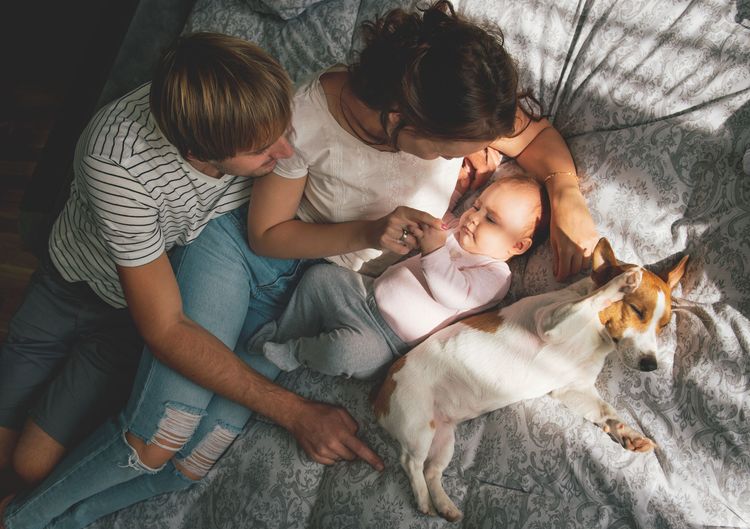
Raising dogs with consistency and love
Educating your dog does not always have to be strict and brash. In order to train dogs and puppies, it is above all important that you remain consistent in every situation. This means that if you forbid your dog to nibble on furniture, then you correct it by saying 'no' and possibly pushing it away slightly with your leg until the dog gives in. This may mean repeating it a hundred times until your dog understands or gives in. Be sure to stay consistent! Please don't stop after the tenth 'no' and don't resign yourself to the thought 'he doesn't understand anyway'. If you are really consistent throughout, your dog will learn many things much faster and better. The same applies when you send your dog to its place, for example: Don't give in until it is actually IN his spot. Many dogs tend to lie down somewhere else or right next to the actual spot. You should not tolerate this. If you remain consistent in dog and puppy training, many things in general training will become easier and easier. Your dog won't want to constantly compete with you and challenge you if it never wins. If it learns that you mean exactly what you say and that it always has to do it, you will have quick success in training your dogs. Consistency and love is also the most important thing in puppy training. Enough petting and playing sessions strengthen the trust and the bond. You should never force your four-legged friend to do anything.
More tips for dog training in the first weeks
A few useful things that can help you with training are:
- A food bag to break the habit and redirect the hunting instinct
- A drag leash and a dog whistle for recall training
- A short leash for 'at heel' training
- You should definitely teach your dog basic obedience exercises like sit, down and stay. It makes many other exercises easier.
- toys for breaks between training sessions are a good change for your dog
- with difficult dogs or problems with aggression a dog trainer is advisable
